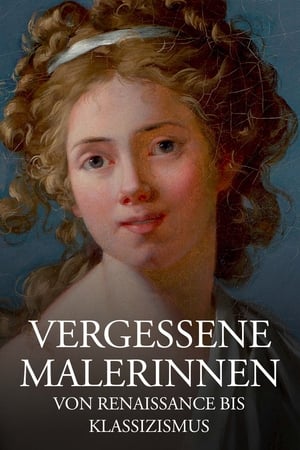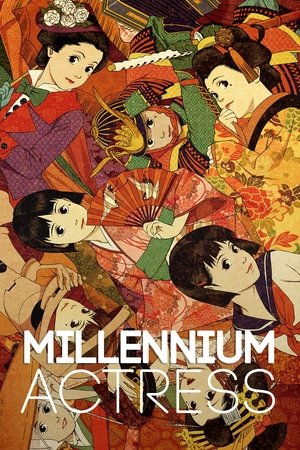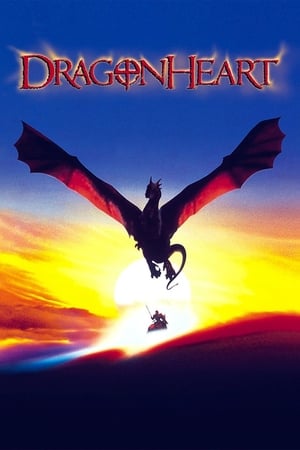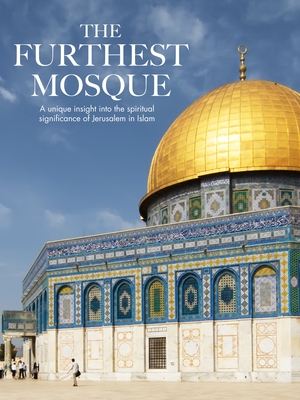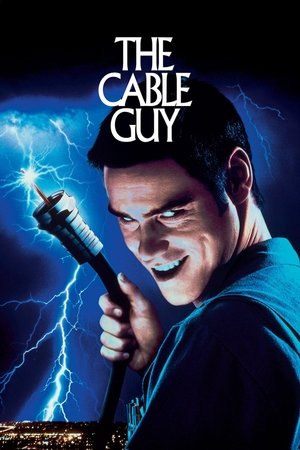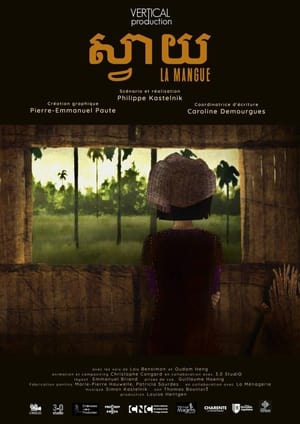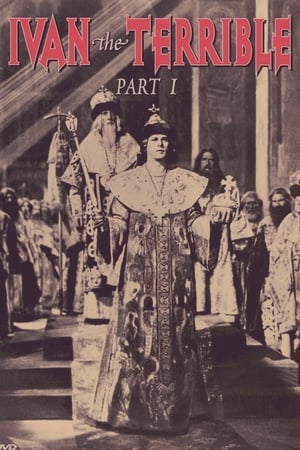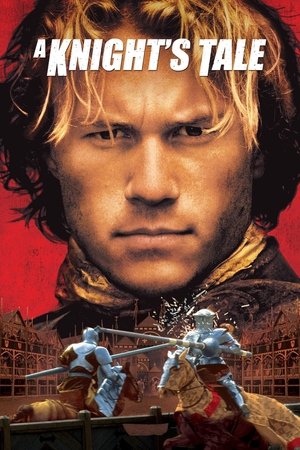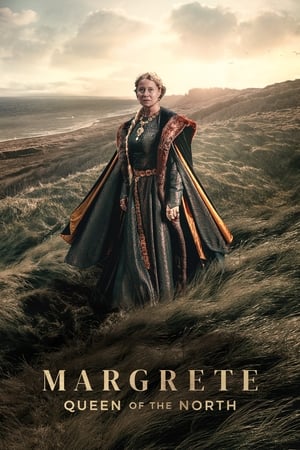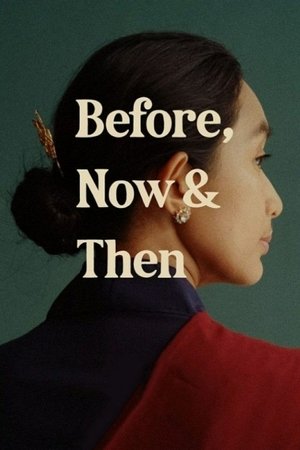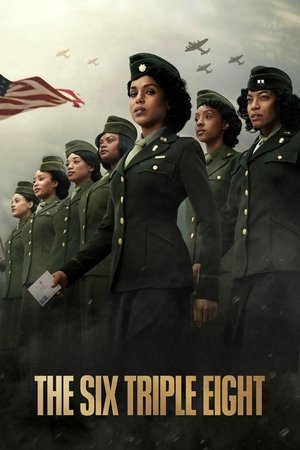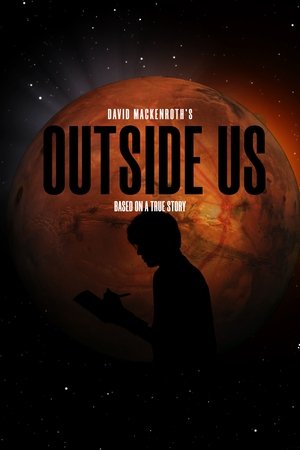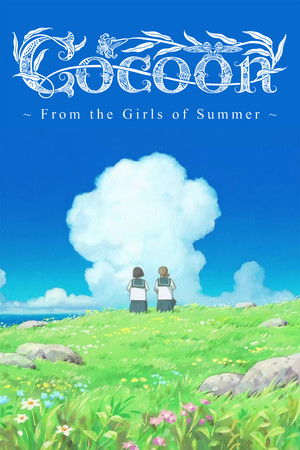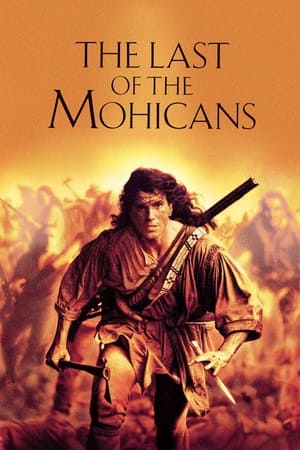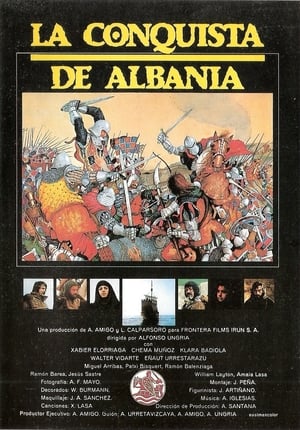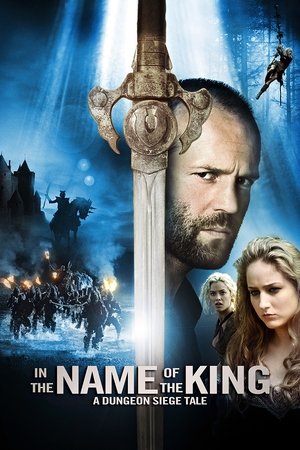Overview
This is the second part of a projected three-part epic biopic of Russian Czar Ivan Grozny, undertaken by Soviet film-maker Sergei Eisenstein at the behest of Josef Stalin. Production of the epic was stopped before the third part could be filmed, due to producer dissatisfaction with Eisenstein's introducing forbidden experimental filming techniques into the material, more evident in this part than the first part. As it was, this second part was banned from showings until after the deaths of both Eisenstein and Stalin, and a change of attitude by the subsequent heads of the Soviet government. In this part, as Ivan the Terrible attempts to consolidate his power by establishing a personal army, his political rivals, the Russian boyars, plot to assassinate him.
Reviews
Nikolay Cherkasov picks up well from where we left the first part of Sergei Eisenstein's depiction of the life and times of this infamous Russian Tsar. Having now established a bit of stability for his country, he now tries to hold onto it. He now tries to establish an army to cement his reign whilst his aunt Efrosinia (Serafima Birman) still promotes the interests of her son Vladimir (Pavel Kadochnikov). With the help of the boyars who are also unhappy with his rule, they set about deposing him. Whereas part one was very much more about the rise of Ivan IV, this second episode also focuses a little more on the others, and Kadochnikov performs well as the would-be pretender as does Birman as his scheming mother and his friend "Philip" the monk (Andrei Abrikosov) whom he installs as the powerful Metropolitan Archbishop of Moscow. There are plenty of other rich character actors too amongst his soldiers, and some of the darkness and melancholy is replaced - partly by the use of colour intermittently throughout - with a sort of cinematic optimism. Again, the message of Russian (Soviet) unity is writ large, but here we start to see a little more of a benign-ness in the emperor. Sure, he still has his ruthless streak, but he is clearly looking forward more in this; not necessarily to a successor but to a strong and firm bedrock for the future of his country and it's people under his own, divinely inspired, control. The photography is intimate and striking; the facial expressions and wonderful score continue to imbue the characters with personas that no amount of deftly written dialogue could provide. That said, the dialogue is still sparing and effective and the pace moves along in a lively and interesting manner. It looks like an authentic glimpse into 16th century Russian court life, full of intrigues and plotting and I loved it just as much as the first part.

 82 min
82 min
 7.314
7.314
 1958
1958
 Soviet Union
Soviet Union
 CinemaSerf wrote:
CinemaSerf wrote: